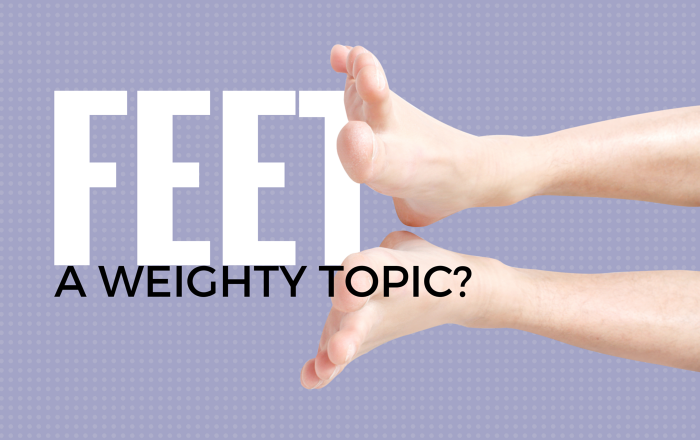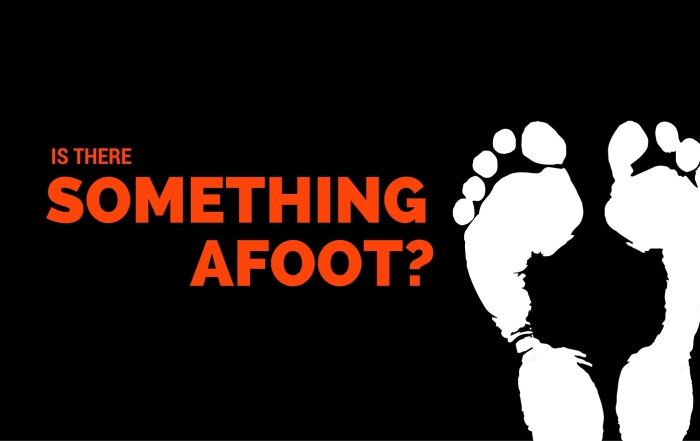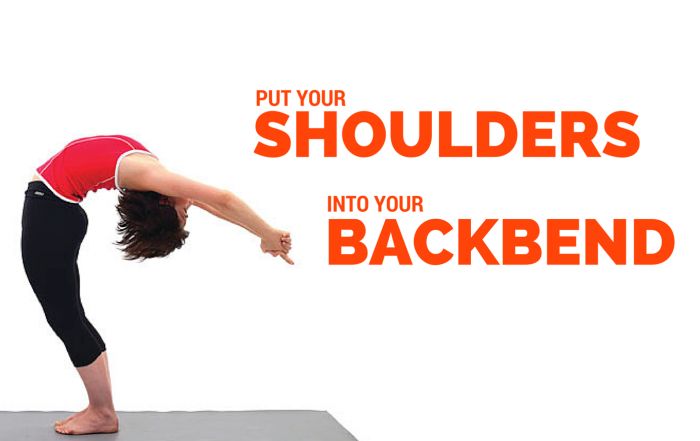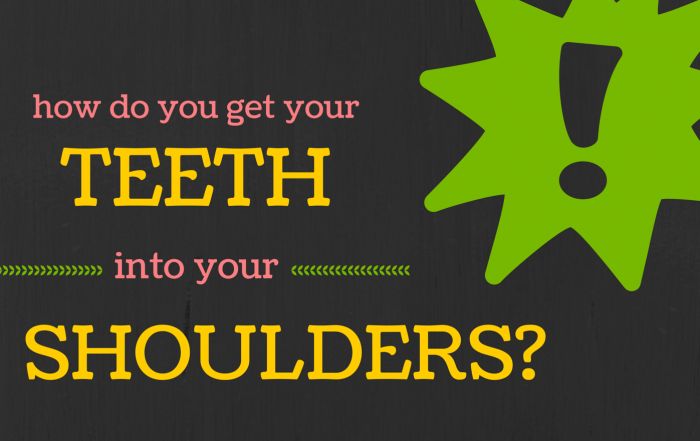It’s the time of year when many people question what they “wish” to change – hence the plethora of “New Year Resolutions” (and the corresponding cynical remarks).
But what if you REALLY WANT to make those changes? Why don’t they tend to last if made at this time of year?
Writing it down is one way to start a process of change. You have probably asked yourself just how effective are those resolutions. Research reveals the answers may not be where you think they are.
For one thing, regardless of the goal, the way to change a habit is not simply resolving to do it, deciding once and for all, or writing it down. It takes action! Doing!
Imagining, will power, intention and self-control mean almost nothing!
Yep, that’s right.
But oh so disappointing.
All those years of writing things down, expecting something to happen.
Sometimes it works. Sometimes it doesn’t.
What works is a decision and taking action.
Did you realise that what you do on a daily basis is largely unconscious? No, silly, not the unconsciousness that people think is being out cold! No, I’m talking about those well-engrained habits. The ones you don’t think about. The ones that determine what you do – on automatic pilot. The stuff that just happen. Those same things that you do 99% of the day.
And here we are. Another year older at the beginning of another year wanting to make a fresh start. There are so many theories about how to make changes to your life. The truth is that many of them just do not work.
It’s pretty predictable that most people will believe certain myths about making changes. So let’s take a look at the worst of these.
1. Does it really 21 days to make a new habit?
No it does not! While all habit-changes require a change in behaviour, it could take you weeks or months to install your new action. But equally it could take you an instant.
Let’s say that you always drive home a certain way. One day you move to a new house around. It’s not far from your old place. Does it take 21 days to stop turning up to your old house?
What about if you have to learn to turn off the stove before you walk out the door to work. Is it really going to take 21 days?
If you’re trying to establish a new daily exercise habit it may take you a week but it may take you 2 months. But the repetition of the action is the key. And so it goes with yoga. If you decide that you’re going to go to class 3 times per week then you have to find ways to support you. You have to find ways to instil the habit easily. For example you’ll have a stack of fresh, dry towels and your yoga mat and gear at the door or in the car so that they’re ready every single time. The ‘trick’ is to make it so easy, and so instant that there is no thinking involved. If things aren’t ready then it’s easy to logic your way out of just about anything.
2. What about setting realistic goals? Are they necessary?
Yes and No. On the most basic of levels it’s useful to have a goal that’s easy to attain. However you want to make the changes in your physical environment to support your desired behaviours. So while having a goal is important it’s the environment around that facilitates the goal that you have to attend to.
We can use the first yoga example again. Get your stuff ready.
If you have goals to change your eating habits then make some changes in your PHYSICAL ENVIRONMENT. Don’t tell yourself you’re going to stop eating junk if you don’t change the habits around it. Change where you put that non-healthy stuff. Put it at the back of the cupboard, in a different cupboard, banish it from the house, don’t buy it, put lids on sweet packets, put fruit on the counter in a bowl.
Basically you have to disrupt your habit by making a change in the environment. It cuts out your automatic pilot!
STOP PRESS!
>> New Year 2018 … Special Promotion. My best ever. Really! <<
New Package with total bonuses totalling over $200 including free shipping.
Action that (haha) over here at www.HotYogaMasterClass.com
Click here for the New Year Awesome Bonuses! Limited Stock.
3. Do you really need willpower to can change your habits?
No, you don’t! Just about everything you do – including just about every single one of your bad habits – is automatic. It’s not willpower that you need. You need good habits so that willpower doesn’t even come into it. That’s why you need to go to myths 1 and 2 and make your changes there first. Being aware that you don’t need willpower might be the single most liberating thing you ever learn.
4. Is knowing enough about what you’re supposed to be doing enough?
No! You can tell every smoker you know that it’s bad to smoke. I don’t think you could find a smoker who didn’t know that they should give up smoking because it has been categorically proven that it’s bad for health and a very risky and deadly habit indeed. Most smokers you speak to know that they shouldn’t be smoking and know they need to change.
We get counselled on the number of pieces of fruit and vegies we should eat every day. Do you do it? So this last myth is letting you off the hook because ‘shoulding on yourself’ doesn’t work. Knowing that you ought to do something is not enough to make the changes.
The best way to make a resolution come to fruition is this:
- Know that it takes as long as it takes to action yourself into new behaviors. Maybe it will take 1 day or 60. But if you change your physical environment to support those changes then they will happen. You already have so many unconscious behaviours. Hopefully most of them are positive. It’s your job to make your new habits fall into place easily. If you have a yoga goal, have your towels, mat, water bottle, yoga gear ready. Don’t think! Just do – yoga! Make the changes in your surroundings to make action a no-brainer.
- Set yourself those realistic goals and then make them happen by changing your physical environment. The goals won’t happen by themselves. Thinking something into reality rarely works. Make it happen by formulating a habit.
- Remember that willpower has nothing to do with your success. Action does. Habits do. Make sure you develop the right habits.
- You can read yourself blue in the face. You can research all you like. Knowing is not doing. Take action today.
What are your commitments?
While we can’t see your habits forming, there really is great value in committing to action through a public forum! So, with that in mind, please leave your commitments or goals for 2018 in the comments below. I would love to read them.







Leave A Comment